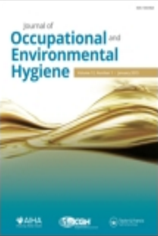
On Tuesday, a Detroit courtroom will hear arguments in a case against PubPeer commenters, in which a scientist alleges their criticisms of his work cost him a new job at the University of Mississippi.
This isn’t the first time both sides have met in court: Fazlul Sarkar first gained attention in 2014 when he sued anonymous commenters of PubPeer for defamation; in 2015, a judge ruled that all but one of the commenters should be allowed to remain anonymous. PubPeer has filed an appeal, earning the support of the American Civil Liberties Union (ACLU), as well as Google and Twitter.
Meanwhile, Sarkar has earned 18 retractions, many citing an institutional investigation at Wayne State University.
We spoke with attorney Alex Abdo at the ACLU, who is representing the PubPeer commenters in this case, about what to expect at next week’s hearing.
Retraction Watch: What will happen at this hearing? Continue reading Scientist faces off with PubPeer commenters in new hearing next week



 After the first author of a debated study about the benefits of positioning your body in an assertive ways — the so-called “power pose” —
After the first author of a debated study about the benefits of positioning your body in an assertive ways — the so-called “power pose” — 
 The BMJ is not going to retract a 2015 article criticizing the expert report underlying the U.S. dietary guidelines, despite heavy backlash from readers, according to the author of the article.
The BMJ is not going to retract a 2015 article criticizing the expert report underlying the U.S. dietary guidelines, despite heavy backlash from readers, according to the author of the article.

